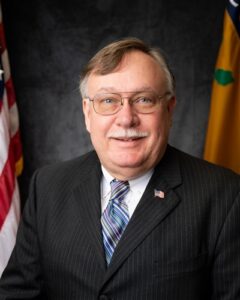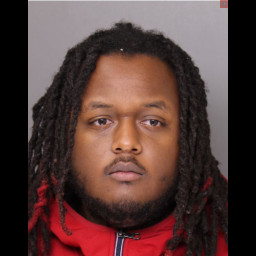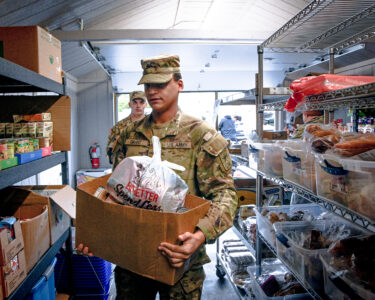Underage court program marks decade of success
In the decade it has been in place, the Lycoming County Underage Drinking Court has pulled down reoffending rates and guided youth through a distinctive program, unmatched locally.
Beginning with six participants in 2007 in the basement of the courthouse, the Underage Drinking Court since has expanded to 265 graduates.
While working as an attorney, Judge Marc F. Lovecchio was involved with an underage drug court along with Chris Deal, of the West Branch Drug and Alcohol Abuse Commission, and other offices in the courthouse.
Focusing primarily on drug abuse among minors, the group occasionally talked about the often-linked problem of underage drinking.
“It wasn’t in any great detail,” Lovecchio said. “We were essentially thinking about what could be done, if anything.”
Deal and Lovecchio leaned a bit more heavily on the idea and started talking to experts in the field. After expansive research, they created an outline for a program that created a coordinated network with police departments and district judges around the county.
‘Equipped (for) life’
The program is a unique, holistic approach that operates with a ground-up, preventative effort, beginning before the court process.
When a youth is cited for underage drinking, he or she gets a referral from the officer involved and contacts Deal directly to start the admissions process.
“After we process the application, I do an assessment and recommend them to the court,” Deal said.
Participants in the program may graduate after six sessions if they maintain the activities and projects.
The program covers a lot — personal exploration, educational projects — it’s very personalized to each involved to address the often chaotic stressors of growing up.
“We talk about so much more than just drugs and alcohol,” Deal said. “We are trying to build up lives here.”
In a unifying experience, the kids explore their inner strengths, talents and goals. They come out the other end finding a sense of purpose.
“We do increase that awareness of how drugs impact, but it’s just simply much more than that,” Deal said. “They are gaining a greater sense of self … they come out more equipped to handle the pressures of life.”
‘Nothing like this’
Both Deal and Lovecchio agreed a lot of the reason there are such great outcomes over the years is because of the program’s unconventional approach.
“There’s nothing like this anywhere,” Deal said. “This is so out of the box and it always has been. That’s why it works.”
The program focuses on inward exploration but also working to dispel many of the misconceptions instilled in the youth.
“There’s a huge misconception that if they do this or that, they gain popularity and are more socially acceptable,” Lovecchio said. “We try and break those misconceptions. But kids today live in a far more complex world than even 10 years ago, when we started.”
Participants in the program have talked about prevailing stressors of the generation — student loans, college plans, jobs, career choices or being able to even select a career.
“Those were the types of things that were taken for granted when I was growing up and when I started with the program,” Lovecchio said.
Young people today also face a lot of mixed messages, he said.
Lovecchio said he tells them: “Listen, I’m not here to tell you not to drink when you’re 19 or 20. That’s the law and you pay the consequences if you do.”
Instead, they are there to be a risk reduction tool to teach the youth how to make conscious, thoughtful decisions.
“We want to save lives,” Lovecchio said. “We want to save careers and save them from hurting themselves or others.”
Responsible adults
What Deal and Lovecchio have found over the years is that the majority of those who continue to drink once of legal age do it more responsibly. Many others opt not to drink at all.
“In the field of substance abuse, it’s really hard to get that positive twist,” Deal said. “We are in a war here. We are all working so hard to pull people out of using drugs, but they have to address that individually. It gets to be very heavy in the field, but this program is the opposite. It’s motivational.”
A thick pile of testimonies from those who’ve graduated from the program indicate similarities to the story of this participant who got cited while in college: “As a college freshmen, drinking is expected … drinking became a part of my life every weekend. As I sat through this program, I realized that it didn’t have to be that way. In all seriousness, your program is very helpful for us kids.”





